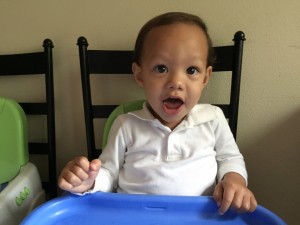 Hi everyone, I’ve been thinking about the shooting in Orlando and wanted to share some thoughts. I don’t know if I can say anything that others haven’t already contributed more eloquently and effectively, but writing is a way for me to process and cope when awful things happen, so thank you for reading and for your patience in this possibly rambling and disjointed reflection.
Hi everyone, I’ve been thinking about the shooting in Orlando and wanted to share some thoughts. I don’t know if I can say anything that others haven’t already contributed more eloquently and effectively, but writing is a way for me to process and cope when awful things happen, so thank you for reading and for your patience in this possibly rambling and disjointed reflection.
The past few days, I have been exploring gardening with my three-year-old, Viet. He loves to dig up the dirt, even after we placed the seeds in. I reminded him that the seeds are sleeping and that we have to not disturb them. “I want them to wake up, Daddy,” he said, “it’s morning time!” As I watch him scatter kale seeds, I think of all the parents who lost their children in in Orlando. Parents who loved their kids, told them bedtime stories, pulled out their hair trying to get them to eat stuff, traced their tiny hands for a Mother’s Day card, worried over their every sniffle and scratch, felt the bittersweet passage of time as their little ones learned and grew, parents whose worlds are now shattered, who will never get to hug or talk to or laugh with their kids again.Continue reading →





